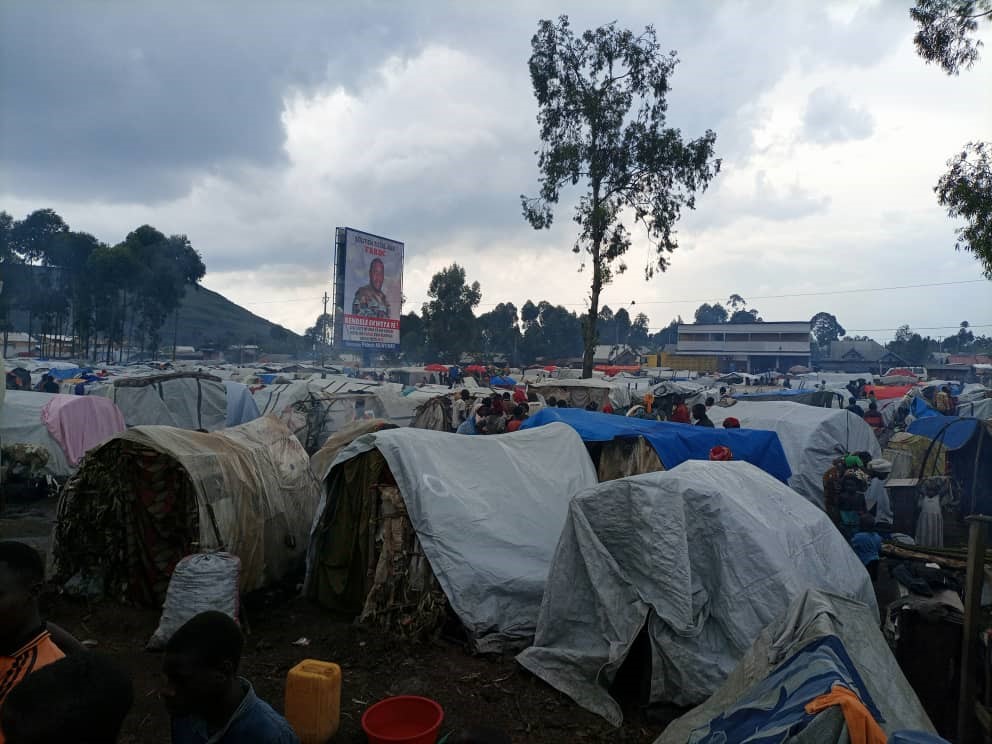Action Against Hunger is urging United Nations Security Council members gathering today to ensure that the hunger crisis will not worsen and put more lives at risk. The organisation calls for the UN Security Council’s Resolution 2417, which condemns the use of hunger as a weapon of war, to be respected. The Resolution also requires the parties of conflict to facilitate humanitarian access and adherence to International Humanitarian Law.
Since January 2024, increase in fighting in North Kivu has been characterised by:
- indiscriminate targeting of civilians and civilian infrastructure,
- militarisation of camps for internally displaced people (IDPs), and
- movement restrictions on the main supply routes, preventing the delivery of food, essential goods, and humanitarian assistance.
More than 240,000 people fled to the city of Goma in February alone. Families fleeing the conflict are arriving in deplorable nutrition and health conditions. In total, more than 600,000 displaced people are in camps and informal sites around Goma and in need of immediate lifesaving humanitarian assistance.
“Since the upsurge of conflict, the nutrition situation of children coming to Action Against Hunger health facilities in Lushagala has worsened, and we have admitted quadruple the number of severely malnourished children under five years old since November 2023. In February, Action Against Hunger received up to 10 new cases per day of severely malnourished children,” explains Florian Monnerie, Action Against Hunger’s Country Director in DRC.
Outside Goma and across North Kivu, where there are more than 2.4 million displaced people, the situation is alarming. Civilians are continuously forced to escape violence for days, weeks or months, leaving them with limited options to grow or buy food. Fighting and blockades are preventing humanitarian organisations from providing much needed assistance.
Action Against Hunger has been forced to pause activities in Mweso Health Zone in Masisi Territory for several weeks due to intense fighting in the area. Compounded by limited humanitarian access, families and communities have been left behind without lifesaving assistance or protection, further exacerbating the risk of a severe hunger crisis.
“Action Against Hunger, along with other humanitarian organisations, urgently calls for the cessation of hostilities and for respect for International Humanitarian Law, allowing for civilians to be protected and for the safe delivery of neutral, impartial aid to people most in need. Immediate action is needed to further prevent the loss of life,” says Monnerie.


